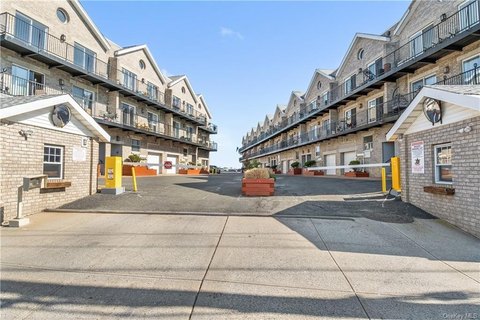In a world increasingly interconnected, individuals are not only exploring new horizons but also looking to invest in real estate abroad. Renovating properties in foreign lands is a venture that offers both unique challenges and remarkable rewards. Let’s delve into this captivating world where dreams of owning a piece of paradise meet the trials of cross-border construction.
The Allure of International Real Estate
The dream of owning property abroad is woven into the fabric of countless wanderlust-stricken souls. It’s the vision of sipping espresso on a sun-drenched balcony in Tuscany or waking up to the sound of waves crashing on a Caribbean beach. This allure drives individuals to embark on international real estate adventures.
The Challenges
1. Legal and Regulatory Hurdles: One of the initial hurdles in renovating properties abroad is navigating a foreign country’s legal and regulatory landscape. Ownership restrictions, permits, and zoning laws can be vastly different from one’s home country, often requiring the expertise of local lawyers and real estate professionals.
2. Language Barriers: Communicating with contractors, architects, and local authorities can be a significant challenge when language barriers come into play. Miscommunications can lead to costly errors and misunderstandings during the renovation process.
3. Cultural Sensitivity: Understanding and respecting local customs and traditions is paramount. Failing to do so can alienate neighbors and create unnecessary tension, potentially hindering the renovation project.

4. Currency Fluctuations: Exchange rate fluctuations can impact project budgets significantly. Savvy investors must have strategies in place to mitigate currency risks.
The Rewards
1. Unique Experiences: Renovating properties abroad often provides unique cultural experiences. It allows individuals to immerse themselves in a different way of life, fostering personal growth and an appreciation for diversity.
2. Investment Potential: Property markets abroad can offer excellent investment opportunities, with the potential for substantial returns on investment once the renovation is complete.
3. Diversification: Owning property in different countries can serve as a valuable diversification strategy for one’s investment portfolio.
4. Rental Income: Renovated properties can generate steady rental income, especially in popular tourist destinations, providing a steady revenue stream.
Strategies for Success
Successful renovation projects abroad require meticulous planning and research:
- Conduct thorough due diligence on the property, including title searches and property history.
- Seek local expertise, including architects, contractors, and real estate agents who are well-versed in local regulations and customs.
- Create a detailed budget that accounts for currency fluctuations and unexpected costs.
- Build a network of local contacts to help navigate the complexities of foreign real estate markets.
- Stay informed about changes in local laws and regulations that may affect your property.
Conclusion
Renovating properties abroad is a journey filled with both challenges and rewards. It’s a path that offers the chance to turn dreams into reality but requires careful consideration and a willingness to adapt to unfamiliar terrain. For those who are up for the adventure, the world is filled with opportunities to transform neglected structures into unique havens and, in the process, create memories that last a lifetime.












